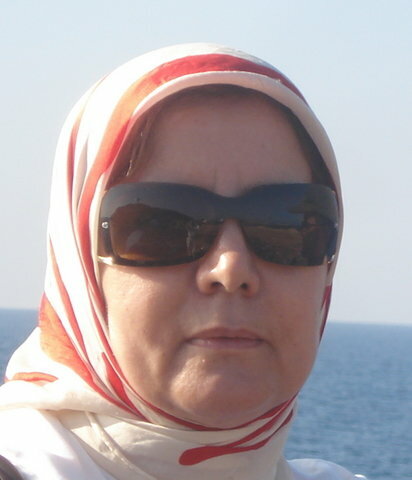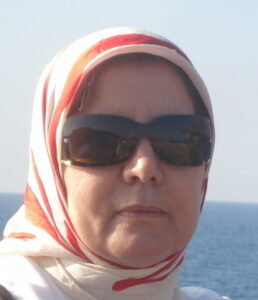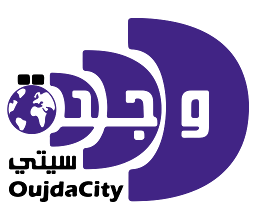What should be donc to adress the wounds caused by genocide?

Amina BENZEKRI

Justice and Accountability: Pursue legal measures to hold perpetrators accountable through international or domestic courts, fostering a sense of justice.
Truth and Reconciliation: Establish truth commissions to uncover and acknowledge the full extent of atrocities, promoting transparency and understanding among affected communities.
Psychosocial Support: Provide mental health services and support for survivors, addressing trauma and facilitating healing processes.
Education and Awareness: Promote education that fosters tolerance, understanding, and empathy to counteract prejudice and discrimination.
Reparations: Implement reparations programs to address material and psychological losses suffered by victims and communities.
Community Engagement: Encourage dialogue and collaboration between different groups to build trust and promote social cohesion.
Cultural Preservation: Support efforts to preserve and revitalize cultural heritage that may have been targeted or threatened during the genocide.
Political Reforms: Implement reforms to prevent the recurrence of genocide, including changes in governance structures, laws, and policies that may have contributed to the conflict.
International Support: Mobilize international assistance and cooperation to ensure a comprehensive and sustained effort in addressing the aftermath of genocide.
Long-Term Development: Invest in long-term development initiatives to rebuild infrastructure, provide economic opportunities, and create conditions for a stable and inclusive society.
The process is complex and requires commitment from local and international actors to create a foundation for lasting peace and reconciliation.



Aucun commentaire